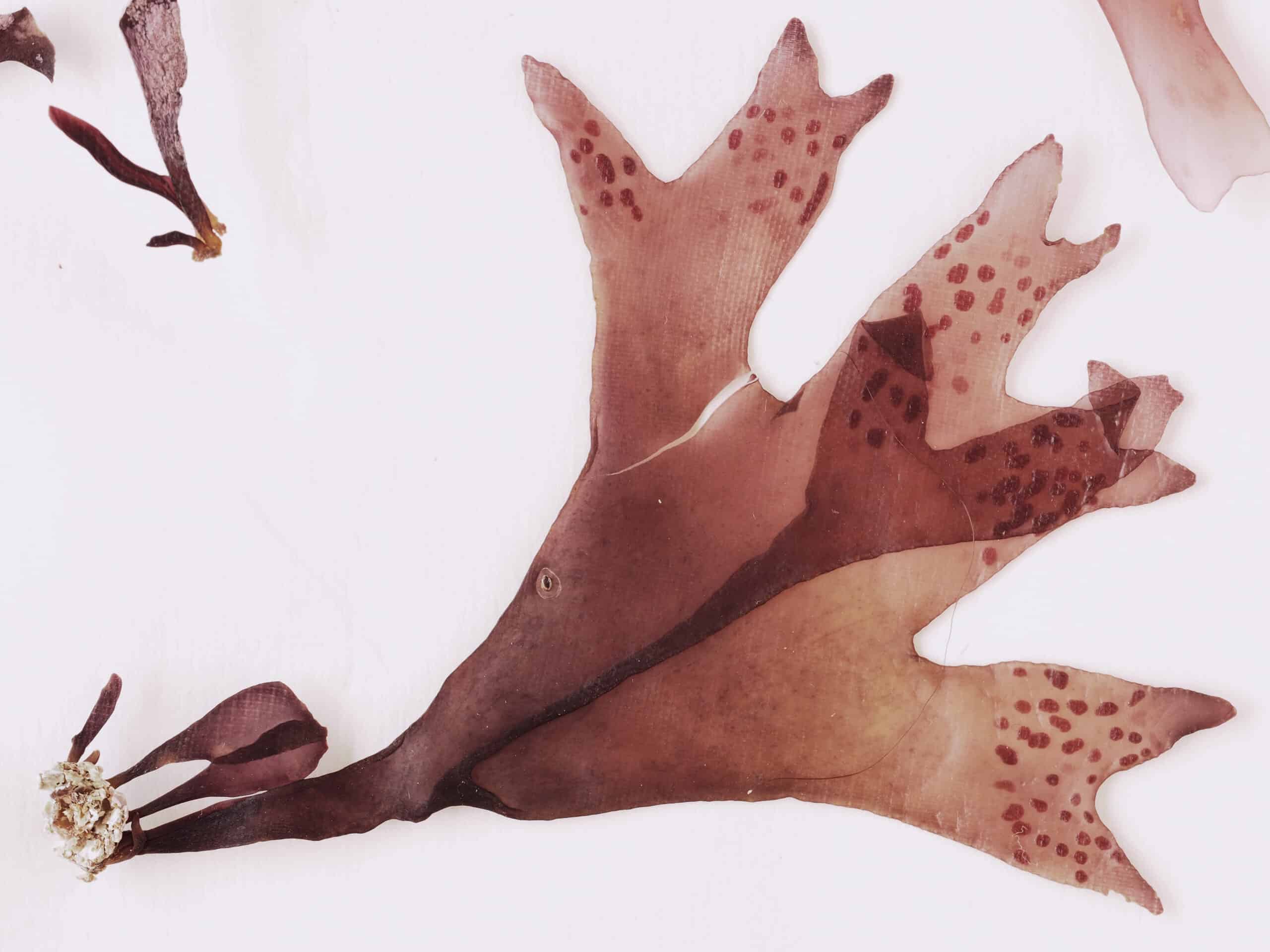Marine algae, or seaweed, families are often distinguished from each other very broadly by their colour. There are green algae, brown algae, and red algae. Quite a bit of research has been devoted to these groups because they seem to poses a variety of compounds that have a lot of promise in medicine. It seems that these marine plants that some cultures have been eating for centuries have real potential therapeutic benefits, some of which could be of real interest for those suffering with cold sores and herpes.
What makes red algae special?
The red and brown algae have been of special interest for many of their potential actions. These include being anti-inflammatory, immune modulating, antiviral, anticancer, anticoagulant, antioxidant, and more. One of the their main features are compounds called sulfated polysaccharides (SPs). These large, complex molecules have the ability to physically interact and influence various immune factors and microbes to have a desired health outcome. There is a huge variety of SPs from many species of algae, and it seems that any one of them seems to carry the potential to be of great medicinal importance. Fucoidan is one such compound from brown algae for example, and the some examples of researched red algae include Gigartina skotssbergii and Chondrus crispus.
How can red algae help cold sores and herpes?
When it comes to the Herpes Simplex Virus (HSV), laboratory studies have shown benefit there too. HSV is highly prolific, common, and easily transmissible human virus that can cause cold sores (HSV-1) as well as genital herpes (HSV-2). Since it effects so many people, and because it is so contagious (even when the infected person has no symptoms), any substance that has the potential to modify its life cycle will be of interest. SP’s are one such group of substances.
SP’s from red algae appear to be have multiple mechanisms against viruses such as HSV:
- They can have a direct virucidal action, meaning they may damage the virus itself
- Inhibit the virus’s ability to enter healthy cells
- Inhibit its ability to replicate
- Improve the host immune response
As more and more research is being conducted on these impressive compounds from algae, it will not be surprising to see further benefits being uncovered. The seaweeds themselves are considered safe, as many of them are consumed by humans as part of traditional diets, and the SP’s themselves appear to have an excellent safety profile.
References





